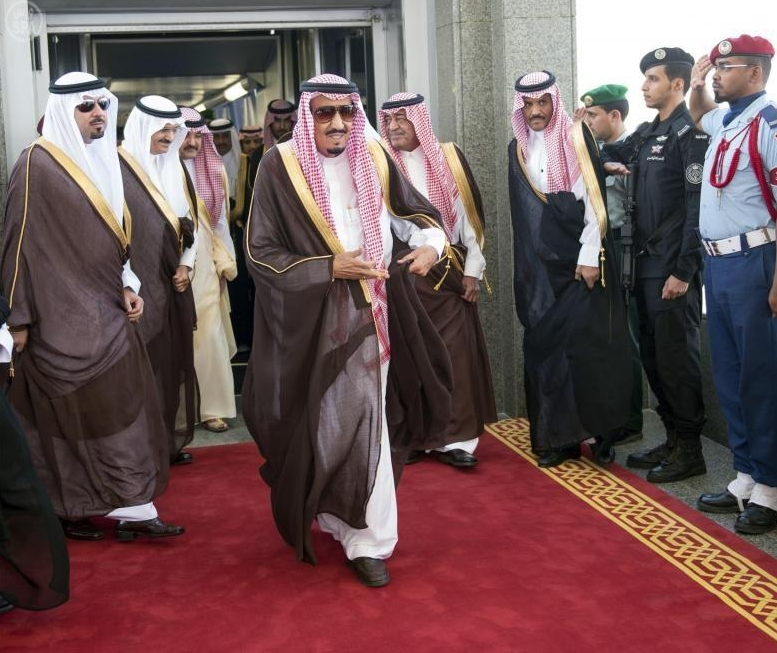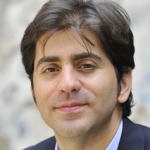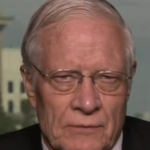The passing of Saudi Arabia’s King Abdullah in the early morning on Friday, January 23rd is a major event in the Kingdom’s history. The impact of the King’s reign on current and future generations will be lasting, and his death has drawn global attention to the Kingdom as the country moves forward with new leadership.
Five main storylines have emerged in the international media as well as in conversations across the world about the passing of King Abdullah and the future of the Kingdom of Saudi Arabia. In our daily efforts through SUSTG’s newsletters, The Review and The Weekend, and here on our blog at SUSTG.com, the Saudi-US Trade Group works to enhance the discussion by curating the best reporting and analysis on those issues that matter to Saudis, Americans and the U.S. – Saudi relationship.
–
The Legacy of King Abdullah
–
An Obituary: Abdullah of Saudi Arabia Dies
Thomas Lippman | Washington Post
“King Abdullah pumped billions of dollars into modernization of the Saudi educational system, opened up the Saudi economy, ushered his country into the World Trade Organization, curbed the authority of the religious police, pardoned some victims of an unforgiving judiciary, met with then-Pope Benedict XVI and espoused interfaith tolerance, cracked down on extremism, reached out to women and offered a plan for Arab peace with Israel.”
–
For Saudis, Abdullah redefined what it means to be king
Fahad Nazer | CNN.com
“Although [King Abdullah] sometimes used the stern tenor of an avuncular patriarch — as he did when he encouraged Saudis not to become their own worst enemy by questioning each other’s loyalties — the frank tone he often used in his speeches ushered in a new era, where Saudis of all walks of life felt more open to speak about not only what they considered to be the main impediments hindering the kingdom’s development, but also some of the obstacles standing in the way of their own self-fulfilment.”
–
King Abdullah: A Saudi education revolutionary
Ashfin Molavi | Al Arabiya
“With a stroke of his pen and the might of oil wealth, King Abdullah in 2005 launched an educational revolution for young Saudis. The vast majority of those young Saudis are studying in the United States. Thus, the Cultural Mission headquarters in a suburban area of northern Virginia can be seen as the site of an educational revolution, administering some 100,000 Saudi students studying in the United States.”
–
Championing Higher Education in Saudi Arabia
Stefanie Hausheer | The Atlantic Council
What is most innovative about the King Abdullah Scholarship Program is that it gives Saudis access to a radically different culture, education style, and world of ideas. Not every Saudi who studies abroad will grow to respect and appreciate the host country’s values and principles, but at the very least we can expect that more Saudis will have a nuanced understanding of Western culture and may even challenge some of the stereotypes and conspiracy theories peddled in the Middle East about the West.
–
Succession in Saudi Arabia: Transition and the Kingdom’s New Leadership
–
Saudi Succession: The King Is Dead, Long Live the King
Anthony Cordesman | Newsweek/CSIS
“Once again, Saudi Arabia has managed its succession without problems, delay, or any signs of serious divisions within the royal family….It is important to stress the lesson that the U.S. and other outsiders should learn from this process. Every time a Saudi king gets seriously ill or dies, this triggers yet another media frenzy over a Saudi succession crisis. There is yet another round of speculation about major conflicts within the royal family, the destabilization of Saudi Arabia and how the various tensions within the kingdom could somehow trigger a civil crisis or conflict.”
–
Continuity remains key to Saudi Arabia economy after death of King Abdullah
Orlando Crowcroft | The National
“While significant challenges in all those areas remained on his death, a five fold increase in GDP has seen a spike in government spending and the building blocks put in place to address unemployment and a lack of affordable homes. King Salman inherits a far better Saudi Arabia than King Fahd left for his brother.”
–
Obama’s Upcoming Visit and the Future of U.S.-Saudi Relations
–
Obama’s visit to new Saudi king highlights the kingdom’s importance to the U.S.
Steven Mufson | Washington Post
“U.S. officials say that over the past few months, ties between Washington and Riyadh have warmed again, bolstered by an Obama visit to the Saudi capital last March and, more importantly, by both countries’ overriding focus on blunting the rise of the Islamic State, also known as ISIL or ISIS.”
–
New Saudi King and U.S. Face Crucial Point in the Relationship
Helene Cooper, Rod Nordland, and Neil MacFarquhar | New York Times (Paywall)
“And the interests of the two countries tend to diverge on other issues, especially combating Al Qaeda and other extremist organizations, which receive some of their funding from Saudi sources. “I think the Saudis and the Americans have developed the habit of coexisting with their disagreements,” said Khalid al-Dakhil, a political-science professor in Riyadh, the Saudi capital.”
–
Managers not monarchs matter most in Saudi Arabia
Edmund O’Sullivan | Meed.com
“Saudi Arabia is still a kingdom, but it is managers not monarchs that now matter most in the Middle East’s most powerful nation.”
–
Profile: New Saudi Deputy Crown Prince marks generational shift
Reuters | Arabian Business
“Saudi Arabia’s Interior Minister, Prince Mohammed bin Nayef, a close friend of the United States and a scourge of Islamist militants, will be the country’s first king from the third generation of its ruling dynasty.”
–
Defense and Security
US-Saudi Military Relations Expected To Persist Under King Salman
Marcus Weisgerber | DefenseOne
“American officials do not expect any major shifts in policy with oil-rich kingdom, a key ally that has supported some U.S. counterterrorism operations in the Middle East. Saudi Arabian aircraft have been a small part of the coalition striking Islamic State militant strongholds in Syria, and Riyadh has offered to host a training program for moderate Syrian rebels. Abdullah over the years had raised concerns about Washington’s reluctance to get involved in Syria, which the kingdom sees as being heavily influenced by Iran. “
_
The Future of Oil
–
Who Will Rule the Oil Market?
Daniel Yergin | New York Times
“Come the middle of the year, however, growth will flatten out. Producers will work hard to improve efficiency and lower costs, but in 2016, at these prices, American output could decline. Production elsewhere in the world will also be flattening. But by then, the world economy might be doing better, stimulating oil demand. Prices could start rising again. If the gulf producers have their way, prices will not go back to $100 a barrel. Even at prices well below $100, American shale oil producers will find ways to drive down costs and output will start rising again. And the world’s new swing producer will find itself back in the swing of things.”
–
Meet the New King, Same as the Old King: Price-Crushing Oil Policy Stands
| Blomberg
“The Saudi leadership has already taken the tough decision to live with lower oil prices,” Florence Eid-Oakden, chief economist at London-based consultants Arabia Monitor, said by phone. “Naimi is well established, he is respected and there shouldn’t be a change as long as the current cabinet is in place.”















